Modern households are replete with items that promise convenience at the flick of a wrist or the click of a button. From kitchen conveniences to bathroom basics, many items are touted as “must-haves” for the contemporary home. However, if one takes a moment to sift through these everyday products, it becomes apparent that not all of them deliver value for money. Some, in fact, drain financial resources while also contributing to environmental degradation. This article highlights a few such items, shedding light on their downsides and proposing more sustainable, cost-effective alternatives.
Contents
Paper Towels
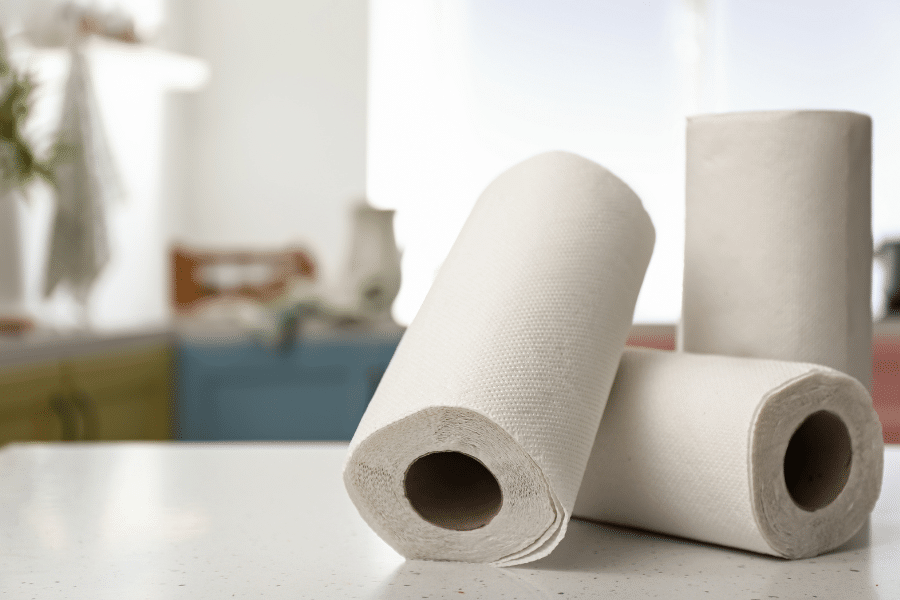
Paper towels have become synonymous with quick clean-ups and easy spill solutions. Walk into any kitchen, and a roll is likely proudly displayed on the counter or tucked inside a dedicated drawer. However, this seemingly harmless product has a hidden cost. Every year, millions of trees are chopped down to produce these disposable towels, accelerating deforestation and contributing to environmental imbalance. This loss of trees has a cascading effect on ecosystems, disrupting habitats and contributing to climate change.
Furthermore, the financial drain is no less concerning. Consider the frequency with which paper towels are purchased and replaced, especially in households with kids or pets. The cumulative cost over a year can be substantial. Alternatives like reusable cloth towels not only offer better absorption but also a significant reduction in yearly expenditure. Plus, they’re an eco-friendly choice, reducing the household’s carbon footprint and waste.
Single-use Coffee Pods
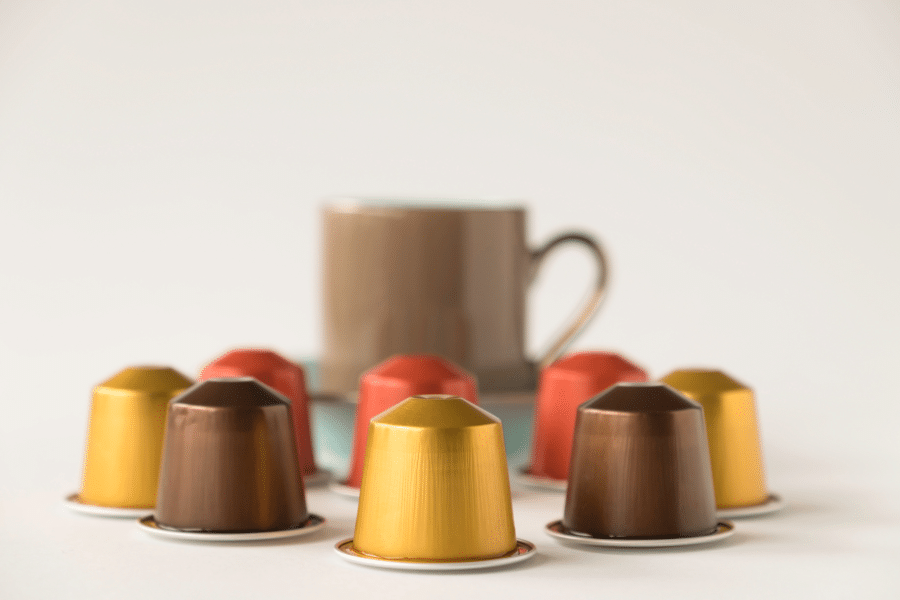
The morning ritual for many involves popping a coffee pod into a machine and awaiting that aromatic brew. Single-use coffee pods brought a revolution in brewing, offering convenience and variety. However, there’s a hefty price to pay for this ease. A bulk of these pods, made from a combination of plastic and aluminum, end up in landfills where they can take centuries to decompose. This creates an environmental challenge, contributing significantly to plastic pollution.
On the monetary side, these pods can be considerably more expensive in the long run than traditional brewing methods. Calculate the cost of a single pod and multiply it by the number of cups consumed in a year; the total can be startling. Options such as French presses, pour-overs, or even reusable coffee pods not only enhance the quality of the brew but also ensure that the joys of coffee don’t come at the planet’s expense.
Bottled Water
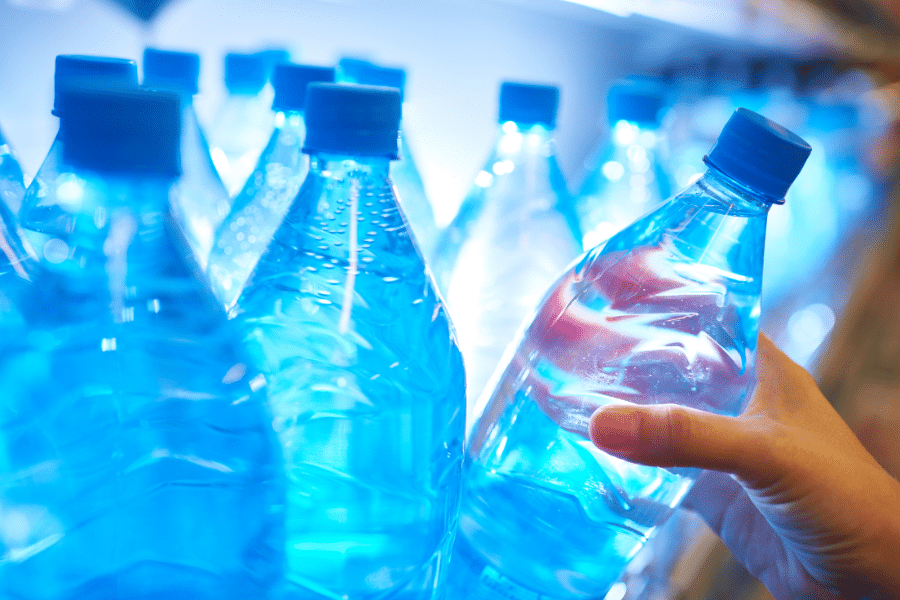
Many find solace in the transparent plastic bottles filled with the elixir of life – water. Supermarkets dedicate aisles to these bottles, promising purity and taste. Yet, this convenience harbors a dark secret: the plastic menace. Every minute, millions of plastic bottles are purchased globally, with only a fraction being recycled. The rest find their way to landfills, oceans, and other natural habitats, posing severe threats to marine life and the environment.
Beyond the environmental implications, there’s a considerable economic aspect to consider. Continually buying bottled water is like pouring money down the drain, especially when tap water in many areas is just as pure, if not purer, than some bottled varieties. By simply investing in a good water filter and a reusable bottle, not only can one enjoy safe and clean water, but also significant savings over time.
Disinfectant Wipes
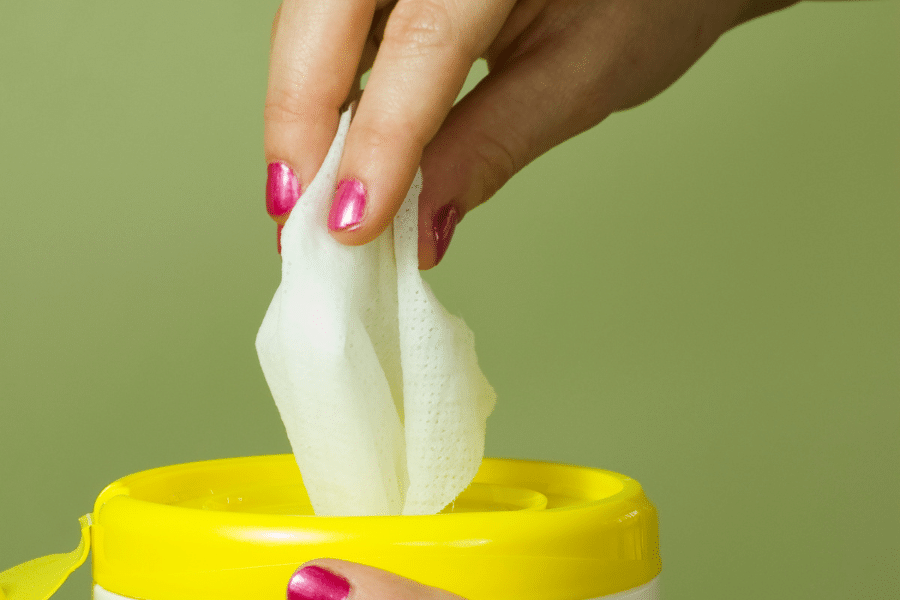
Hygiene and cleanliness have taken center stage in recent years, catapulting disinfectant wipes to the top of the shopping list for many households. They’re quick, convenient, and promise to kill a high percentage of germs. But, like many disposable items, they come with strings attached. Most of these wipes are non-biodegradable. Once they’ve served their purpose, they contribute to the growing problem of non-degradable waste, sitting in landfills for years and potentially releasing chemicals into the soil.
Moreover, the cost accumulates. Regularly purchasing packs of disinfectant wipes can add a significant sum to monthly shopping bills. Reusable cloths, when used with eco-friendly disinfectants, can be just as effective for cleaning surfaces. They reduce waste, are more economical in the long run, and can be easily laundered for repeated use.
Air Fresheners
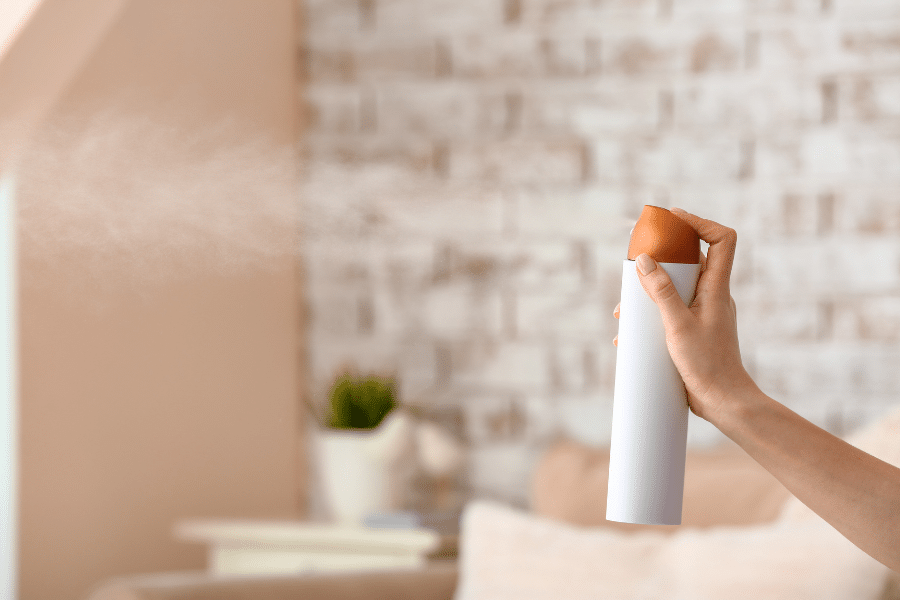
Entering a room with a pleasant aroma is undoubtedly inviting. To achieve this, many households rely on air fresheners. However, these scented solutions often contain chemicals and compounds that can be harmful when inhaled over prolonged periods. Not to mention, they merely mask odors rather than addressing the root cause, which might be indicative of a larger problem like mold, mildew, or stagnant air.
Financially, continually replacing air fresheners becomes an added expense. Natural alternatives like potpourri, beeswax candles, or essential oil diffusers can be more cost-effective and provide a genuine, lasting freshness. Additionally, they do not carry the same risks associated with the chemicals present in many commercial air fresheners. Making a shift can mean a healthier living space and a more fragrant home without the hidden costs.
Disposable Cutlery And Plates
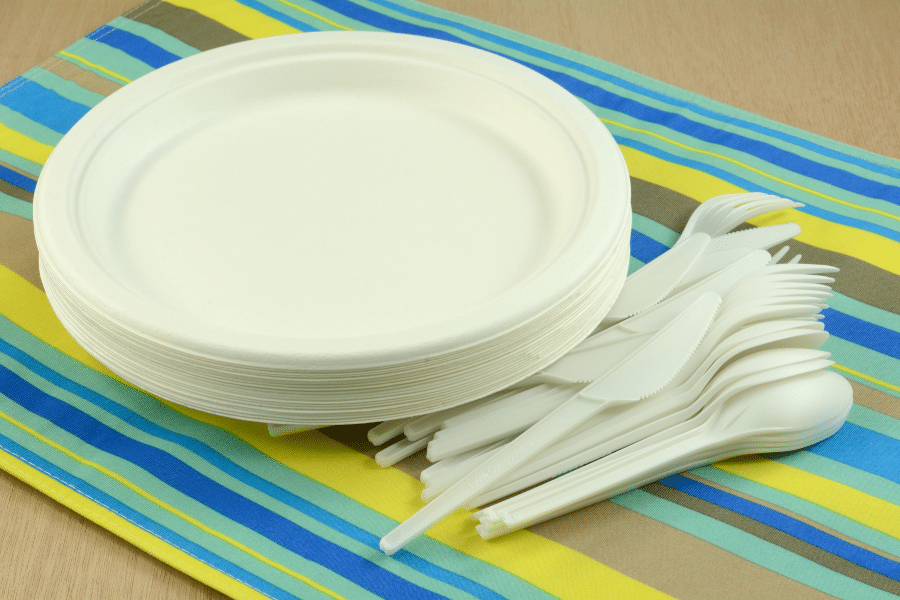
The allure of disposable cutlery and plates is understandable: no washing, no storing, just use and toss. Events, picnics, and some households frequently resort to these for their convenience. Yet, this culture of disposability has severe repercussions for the environment. These products, often made of plastic or coated paper, take ages to decompose. Landfills are brimming with these discarded items, posing environmental hazards and contributing to the overall pollution problem.
Contrast this with the long-term benefits of investing in durable, reusable cutlery and plates. Not only do they offer a more enjoyable dining experience, but over time, the cost savings become evident. Instead of repeatedly buying disposable items, one can invest in a set of quality dishes and cutlery that can last for years, proving both economically wise and environmentally responsible.
Expensive Branded Cleaning Products
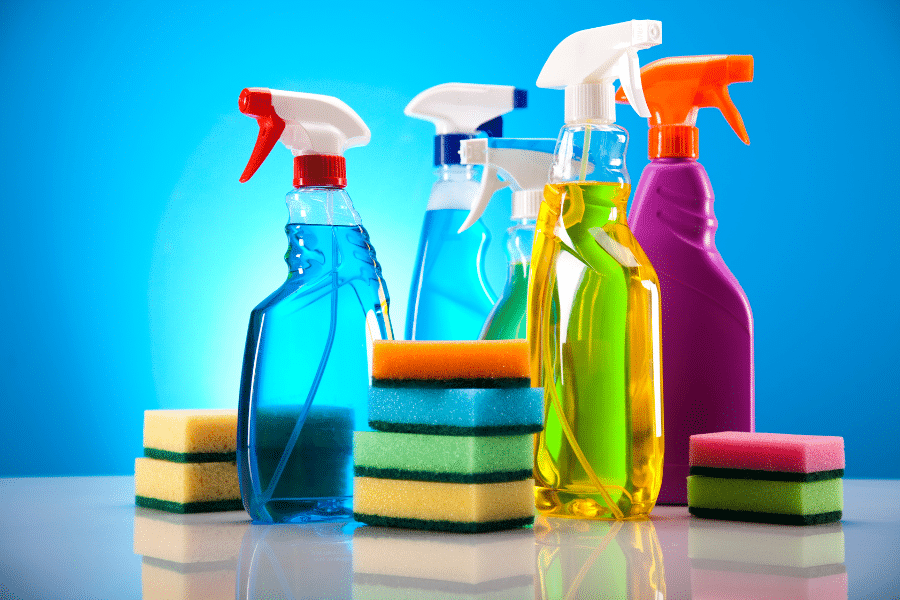
The cleaning aisle in supermarkets is adorned with an array of products, each promising a home free of dirt, grime, and bacteria. However, many of these pricey branded solutions have compositions not too different from their less-expensive counterparts. Some even contain chemicals that, while effective against dirt, might be harmful to humans, pets, and the environment when used regularly.
In contrast, there are numerous natural cleaning solutions that can be made from everyday household items. Ingredients like vinegar, baking soda, and lemon can work wonders on various surfaces, often matching or even outperforming their commercial counterparts in efficacy. Opting for these alternatives or even generic versions of branded products can lead to substantial savings and a safer cleaning experience.
The Bottom Line
In an era of convenience-driven choices, it’s essential to pause and evaluate the long-term implications of these decisions, both for the pocket and the planet. Several household items, though seemingly innocuous, can weigh heavily on budgets and contribute significantly to environmental issues. By being discerning and considering alternatives, households can make informed choices, paving the way for a more sustainable and economically efficient future.



